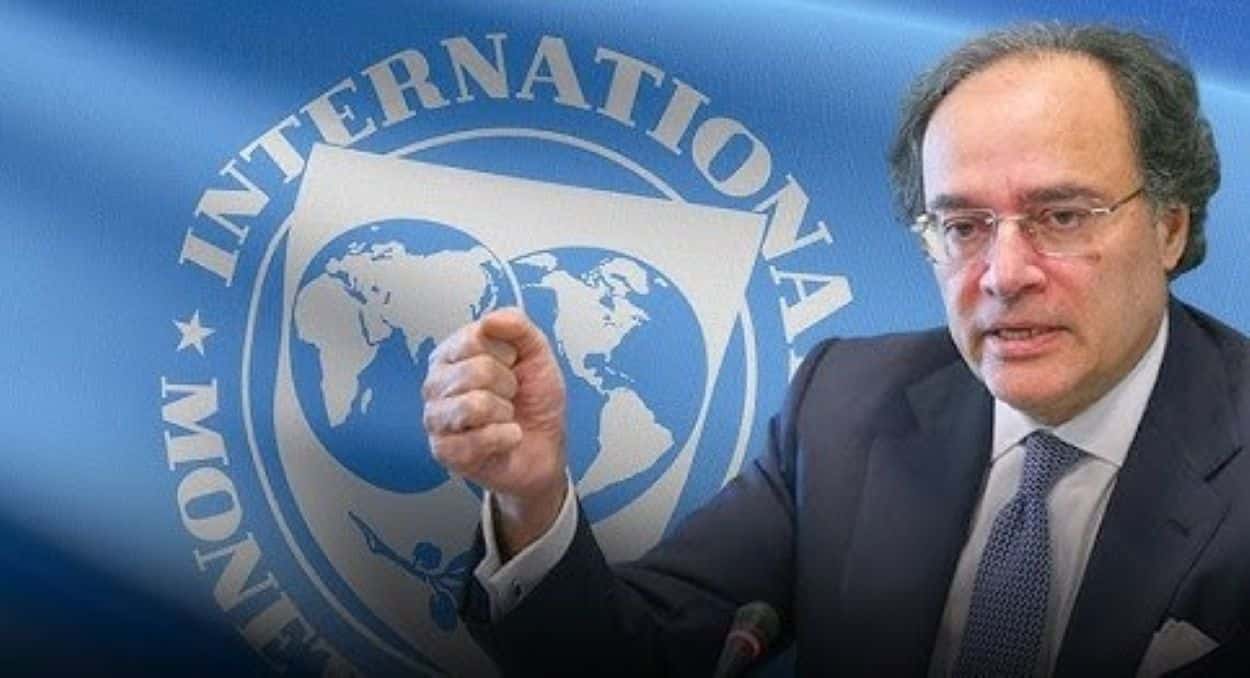The Ministry of Finance has begun to provide clearer information regarding the International Monetary Fund’s (IMF) mission in Pakistan.
The IMF mission is focused on carrying out a Governance and Corruption Diagnostic Assessment (GCDA). The clarification responds to various media reports and seeks to outline the scope and intentions of the IMF’s visit.
The IMF’s involvement traditionally centres on macroeconomic stability, addressing imbalances, curbing inflation, and promoting essential market reforms. However, its scope has broadened to include extensive institutional reforms essential for building private sector confidence and sustaining economic growth.
Since 1997, the IMF has focused on enhancing economic governance. Adopting the Guidance Note “The Role of the IMF in Governance Issues” marked the beginning of a dedicated approach to promoting transparency and accountability in public sectors worldwide. 2018, this initiative was further strengthened by introducing a new Framework for Enhanced Engagement in Governance (Governance Policy). This framework encourages a more systematic, candid, and equitable dialogue on governance vulnerabilities, including corruption, which significantly impacts macroeconomic performance.
Read: IMF Lowers Pakistan’s 2025 GDP Growth Forecast to 3%
The ministry noted that the IMF’s Governance and Corruption Diagnostic Assessment helps member countries identify and address corruption vulnerabilities and enhance governance and integrity. Twenty GCDA reports have been finalized, covering various countries, including Sri Lanka, Mauritania, and Zambia, and ten more are currently in progress.
Pakistan’s ongoing three-member IMF mission evaluates corruption vulnerabilities across six key state functions: fiscal governance, central bank operations, financial sector oversight, market regulation, rule of law, and anti-money laundering and counter-terrorism financing (AML-CFT). The mission will collaborate with several Pakistani institutions, including the Finance Division, the Federal Board of Revenue, the State Bank of Pakistan, and the Securities & Exchange Commission of Pakistan.






